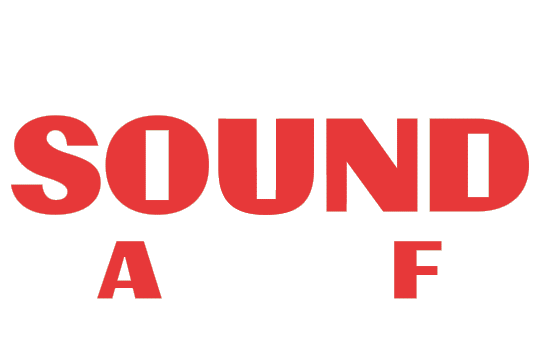
Reviver Voce
2024Artist: Ciaran Clarke
Categories: PhD, Practice Based Research, Sound
The Voice, Technology, and Death
In November 2022 I completed my practice-based PhD (awarded by University of the Arts London/Falmouth University), examining the spoken voice in relation to recording technologies and death.
The work was submitted as a collection of 12 vinyl records, with chapters spoken by me. Space and place became central to the research, so each vinyl was recorded in a different space intended to resonate with the central theme of the record.
You can listen to the thesis (digitised from vinyl) here
Abstract
This is Reviver Voce. A deliberate verbal play on viva voce, the Latin term meaning, ‘By word of mouth; in speech; orally’ (OED 2020) Given the oral nature of this submission, it is understandably a pun that works better when spoken aloud, but this title has not simply been selected for wordplay or the direct reference to the oral defence of a doctoral thesis. MladenDolar, in his discussion of the political role of the voice, observes that the ‘viva voce, or just viva . . . has to be made “in the living voice”’ (2006: 110). It is this conception of “the living voice”— and its implied other, “the dead voice”—that sits at the core of this research: the work confronts the revivification of voices in recorded media, reassessing the relationship between technology, the voice, and death, and considering the ideological implications inherent within this emergent realm: the voice’s position within this act of revivification.
This research represents a study of the voice and its relationship to technological developments and death: what our voices mean to us, to others, and to death in this ever-changing space. For over a century the dead have “lived on” through audio, but with each advancement in sound recording and media storage we see new uses for the deceased and the bereaved. The voice, as a unique identifier of a person and their life, is entering new territory in a world of hypotheticaldigital immortality where it is possible to digitise an individual’s vocal characteristics.
As the spoken voice is central to this research, this thesis comprises of a collection of 33 1⁄3 rpm, long-play records, primarily—but not entirely—voiced by the author. The introduction and subsequent chapters are presented on separate pressings, each side roughly 30 minutes in length. Practice, too, is submitted on this physical, audio-only medium. Through this research, it is suggested that developments in technology, a shift to everyday and pedestrian practices of recording, and our changing interactions with new media, leave the voice and death, and our relationship with the two, in fundamentally altered spaces.

